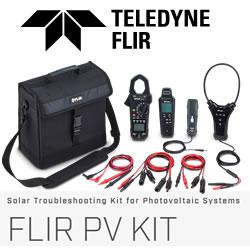SEIA, SHC Alliance Support Efforts to Expand Renewable Thermal Technologies
Renewable thermal technologies are a win-win, helping our environment and saving money for consumers.
WASHINGTON, DC – Saying it will help to create jobs and expand the use of clean, renewable energy in Massachusetts, the Solar Energy Industries Association (SEIA), along with its Solar Heating and Cooling Alliance (SHC), are urging the State Senate to adopt S. 1970, allowing renewable thermal technologies to qualify for the Alternative Portfolio Standard and provide a credit that incentivizes renewable thermal technologies.
"As a national leader in clean energy efforts, passage of S. 1970 would be another big step forward for Massachusetts," said SEIA President and CEO Rhone Resch. "We, along with a broad coalition of more than 40 companies and business associations, strongly support this important legislation. Today, approximately 44 percent of American energy consumption is attributable to heating and cooling. Renewable thermal technologies are a win-win, helping our environment and saving money for consumers. Solar heating and cooling is the most efficient renewable technology for generating thermal heat and costs as low as 6 cents per kilowatt (kWh) hour. Expanding its use across Massachusetts and the rest of our nation makes a lot of sense."
According to a recent report prepared by a Boston-based consulting firm, BEAM Engineering, ratcheting up the use of solar heating and cooling nationwide could create more than 50,000 new American jobs and save more than $60 billion in future energy costs.
Featured Product

FLIR PV KIT - Solar Troubleshooting Kit for Photovoltaic Systems
FLIR PV kits are designed to assess the performance, safety, and efficiency of residential, commercial, and industrial solar panels and photovoltaic systems. PV kits from FLIR help you diagnose faults and potential failures and ensure optimal energy production, system longevity, and compliance with industry standards. With a PV kit from FLIR, you'll be perfectly equipped for any solar installation or repair.
